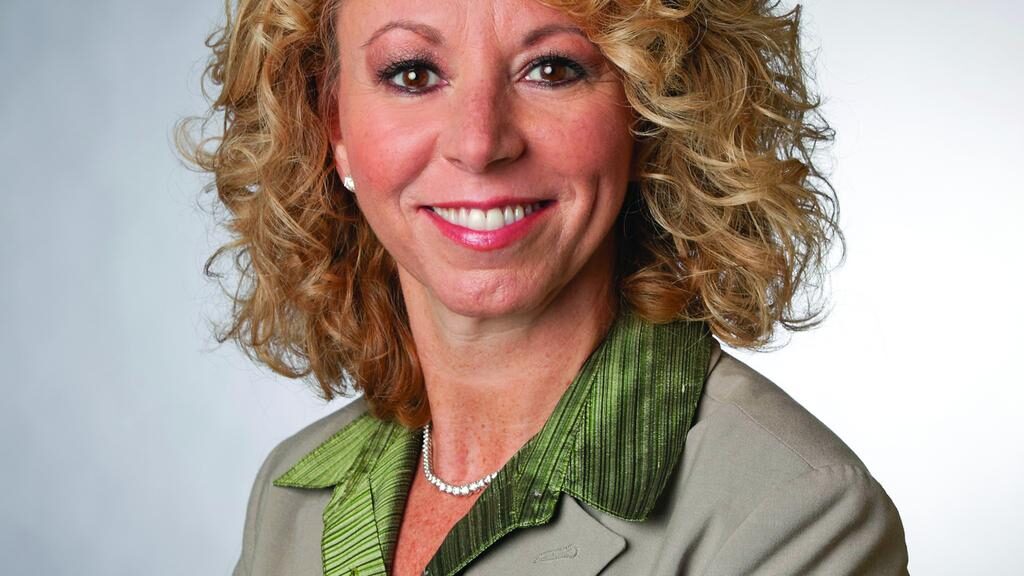This article originally published as FLASH FRIDAY on Traders Magazine. FLASH FRIDAY is a weekly content series looking at the past, present and future of capital markets trading and technology. FLASH FRIDAY is sponsored by Instinet.
For most institutional traders, the pandemic experience has been a rollercoaster ride of soaring volumes, rebounding values, and hastily navigated new routines and technologies. As the global public health crisis continues to play out, many questions remain unanswered about the new normal, and the ways in which lives and priorities will change forever.
Industry leaders are already charting an altered course for the asset management business, one that has implications all along the value chain, from the boardroom to the portfolio managers and traders to customer-facing teams. At a webinar hosted earlier this week by the Investment Company Institute (ICI), senior executives suggested resilience and flexibility would be critical as asset management firms and their staff adjust to new customer demands and a more challenging global business environment. Extreme highs and lows might be over for now, but there will be many dips and bumps coming down the track.

The new normal has at least three elements, panelists suggested. First, returns are going to be scarcer and even more urgently needed than ever. “My guess is that corporate earnings won’t surpass 2019 levels until 2022/23. Absolute returns are going to be lower than we’re used to, and company fundamentals are going to be more important,” said Bradley Vogt, equity portfolio manager, Capital Group, predicting not only a W-shaped session, but perhaps a whole valley of peaks and troughs.
The pandemic is exaggerating and accelerating existing trends, both in the US and globally, in terms of aging populations, low interest rates and a shift in many overseas markets toward private pension provision. In addition, the ongoing economic disruption caused by the pandemic – bringing job losses, reduced incomes, increased financial insecurity – is likely to increase the urgency with which savers and investors look to the asset management industry for solutions to their financial planning challenges.
Portfolio managers and traders must be able to source alpha wherever it can be found, both in the public listed markets and beyond. Asset managers will need to offer a full suite of fund types, suggested Lisa Jones, head of the Americas, Amundi Pioneer Asset Management.

“The pressure on saving for retirement and addressing income needs is going to be exacerbated. The search for income will continue to be very important. In addition to traditional asset classes, I wonder if we’ll see an increase in multi-asset offerings which seek income around the globe, or have the flexibility to rotate across fixed income and equities. Multi-asset income products could become even more popular,” she said, noting also a resurgence in closed-end fund market.
In this broadening product range, it will be essential to offer sustainable investment options, said Capital’s Vogt. “Our industry has a chance to make a difference. At Capital, our plan is to be more integrated and systematic,” he said, referring to the incorporation of environmental, social and governance (ESG) factors into investment processes. Vogt noted the challenges of integrating a wider and frequently-changing range of inputs, highlighting the evolution of social priorities from sin taxes to labor, diversity, and compensation, and of environmental concerns from pollution and waste to climate. “You need an approach that is durable and flexible over time,” he said.
Second, the global business environment is going to become more diverse and complex. US-China tensions are the most prominent example of geopolitical shifts, but powerful forces are evident, with Europe taking a new path in response to Brexit. There will continue to be opportunities for US-based asset management firms, panelists said, but new tools and approaches might be needed to grasp them.

“Globalization is an unstoppable force. There will be ebbs and flows. But the long-term trend is clear,” said George Gatch, CEO, JP Morgan Asset Management, asserting that global players had an opportunity to help investors diversify away from high levels of home market bias. Gatch acknowledged the increased difficulties of doing business in China in the current climate, but pointed also to strong growth in the country’s mutual fund market and the willingness of regulators to leverage western expertise. “The Chinese are looking to us to help clients move from short fixed income products to more diversified products. Focus on the long term, select the right partners, and have constructive dialogue with regulators on their desire to create a robust savings and investment culture,” he advised, noting also the scope for US asset management firms to grow market share in Latin America, citing Chile and Mexico in particular.
Amundi Pioneer’s Jones also highlighted the possible pros and cons of a renewed sense of common purpose in the remaining 27 European Union members in the aftermath of Brexit and the pandemic outbreak, partly manifested in a reboot to the bloc’s capital market union project.
“The European recovery plan was pretty remarkable as a show of solidarity. We’re in exceptional times, but is this the beginning of some greater collaboration?,” she posited, referencing the plan’s support for the borrowing capacity of more fragile member states, and the potential for new European sovereign wealth funds to generate new pools of capital. These developments could yield opportunities for asset managers, said Jones, but only if they recognized a distinct European focus on responsible capitalism and the social market economy. “As a global funds industry, how do we create a framework that allows for regional preferences that are different across Europe, China and the US? We’re wresting with short-term challenges, but there are long-term opportunities,” she remarked.
Third, asset managers must continue to build on the flexibility and resilience they showed in response to the pandemic, with sources of disruption likely to continue to increase in diversity and intensity. In March, asset managers overall proved themselves nimble and resourceful as they switched to remote working and back-up facilities. In some respects, panelists said, this adaptability demonstrated the progress made since the 2008 global financial crisis, whilst a culture of collaboration and trust informed efforts to support customer needs.
“There is an important opportunity for the industry to learn the lessons of a crisis that didn’t start in the financial markets, but had a big impact on them,” said Gatch. “Investments in technology allowed the industry to operate normally, despite firms operating remotely.” The industry didn’t panic, and its clients benefited from advice to follow suit. “For me, one of the most important takeaways is importance of providing balanced advice to our clients and financial advisors. After all, we’ve seen that the best advice was not to liquidate, and stick to the long-term plan.”

















 As the wrangling over Brexit continues, the European Union is expected to give UK based clearing houses a reprieve and allow them to continue to clear euro derivatives until the middle of 2022.
As the wrangling over Brexit continues, the European Union is expected to give UK based clearing houses a reprieve and allow them to continue to clear euro derivatives until the middle of 2022.
